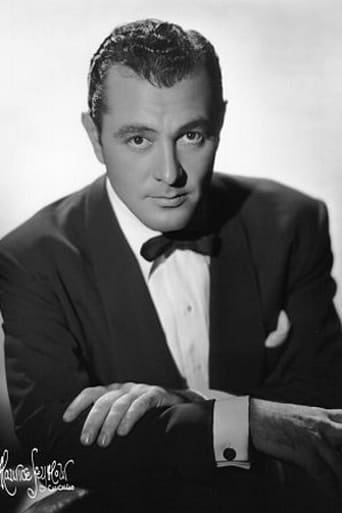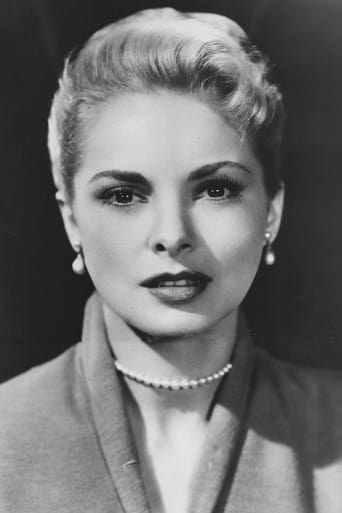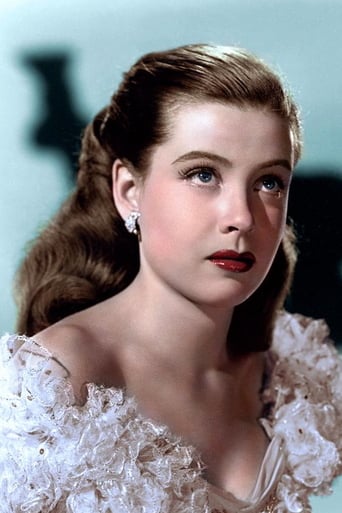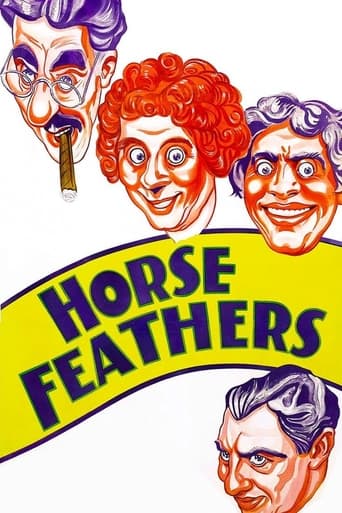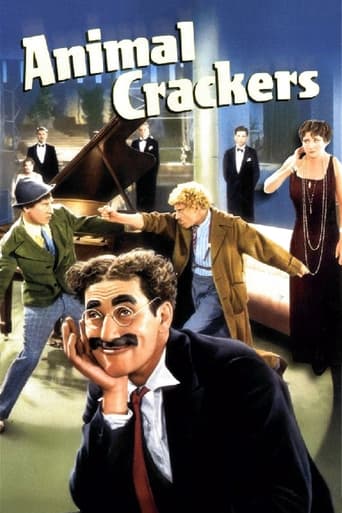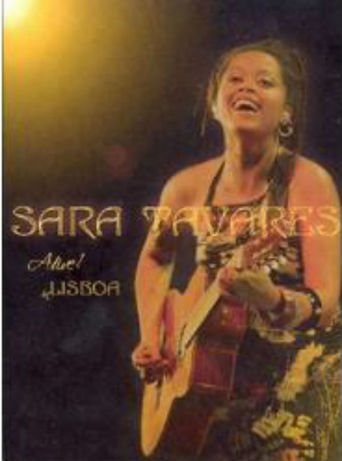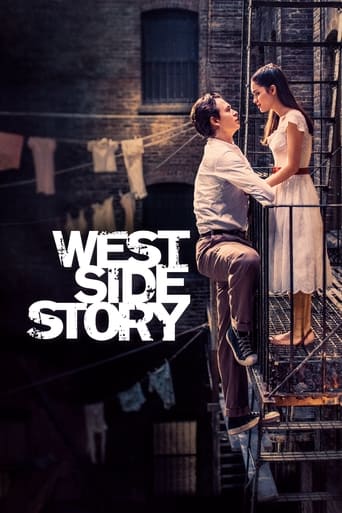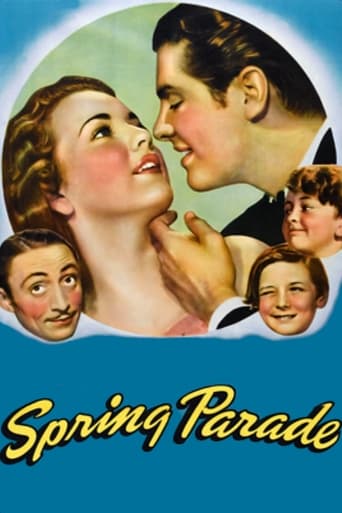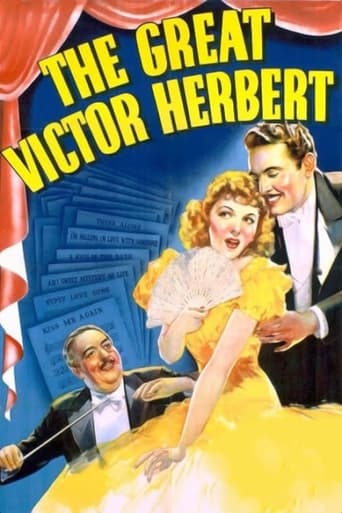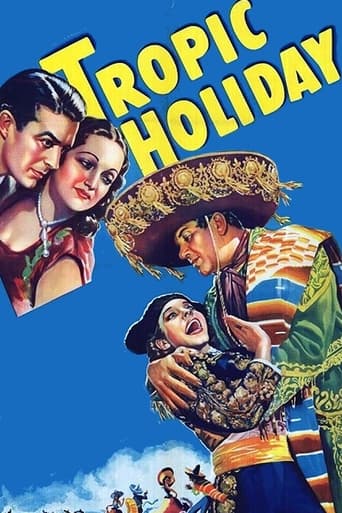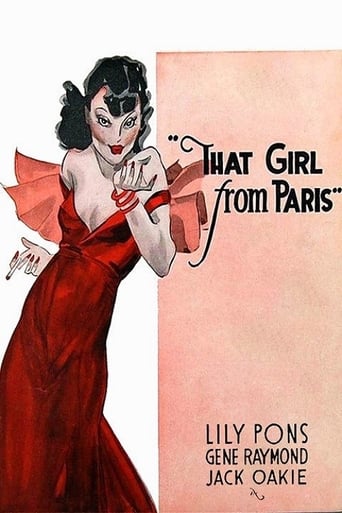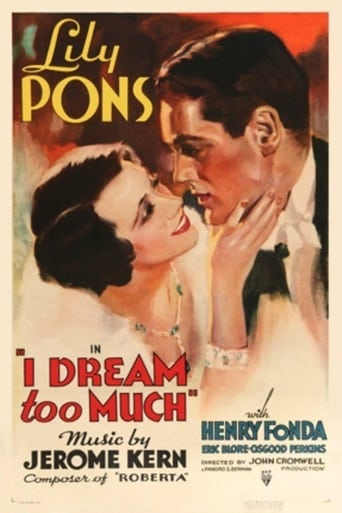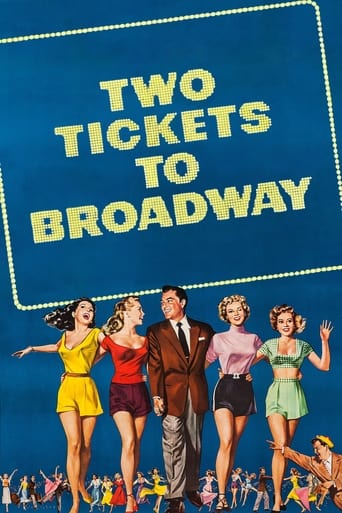
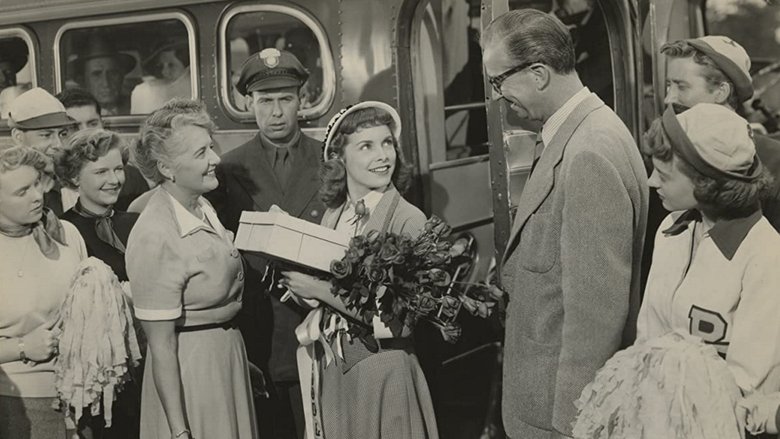
Two Tickets to Broadway (1951)
A young woman (Janet Leigh) leaves her small hometown in Vermont and travels to New York City with hopes of becoming a Broadway star.
Watch Trailer
Cast
Similar titles
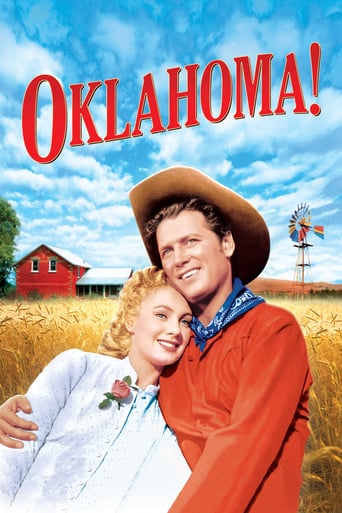
Reviews
Very very predictable, including the post credit scene !!!
hyped garbage
Good , But It Is Overrated By Some
The performances transcend the film's tropes, grounding it in characters that feel more complete than this subgenre often produces.
Howard Hughes's line up of acts is basically his way of responding to the other studios' efforts to do the same thing. There are echoes of the Garland/Rooney cycle of musicals from MGM, with a spice of Fox glitz and the good ol' feelin' of well-being from Warners' Doris Day vehicles of a similar period.The only snag is that Hughes did really have any big stars on his payroll. What TWO TICKETS TO Broadway presents is a panoply of would-be leading lights, youngsters on their way to stardom, and imitations of more famous originals such as Bob Crosby who does a specialty number with a cardboard cutout of his more illustrious sibling Bing.Having said that, some of the cast give winning turns. The triumvirate of Janet Leigh, Ann Miller and Gloria DeHaven adumbrate a similar conception in Fox's GENTLEMEN PREFER BLONDES (1953); and they acquit themselves thoroughly well in the song and dance sequences, with Miller getting the chance to show off her famed legs. Tony Martin croons his way through one or two numbers, to the delights of hordes of adoring bobbysoxers. Eddie Bracken camps it up in a largely extraneous comedy role.Yet perhaps the most interesting aspect of James V. Kern's all-star line-up is its inherent structural contradiction that tells us a lot about the contradictions of movie capitalism at the time. The film begins in Garland/ Rooney fashion by suggesting that, given time and talent, anyone can make it big so long as they have the drive and energy to do so, even if they originate from small-town and America and have to travel to New York by Greyhound bus. This is precisely what Leigh, DeHaven and Miller try to do.Yet once they get there, they find that they are very much at the agents' and radio program-makers' mercy. They have to alter their work to suit specific formats, and compromise at every opportunity in line with their employers' requirements. We wonder at this point whether Broadway - like Hollywood - actually values originality, or whether or not both institutions would be much happier with carbon copies of tried and tested formulas.The film does not attempt to answer the question, of course (why should it, when it was planned as a joyful musical), but it reveals an undercurrent of cynicism about the potentially adverse effects of money-making and success.
After years of first reading of this movie in a Laurel & Hardy filmography book (They were supposed to appear in this but Stan's illness after Atoll K prevented it. They were replaced by Smith & Dale who I had never seen before.), I finally watched this on a DVD I checked out from the local library weeks ago. In summary, it was quite enjoyable on its own merits though it seemed a bit long during the last 30 minutes when a bit too many numbers were being performed. Still, I liked Tony Martin's singing, at least when he went for more pop tunes though I was amused when he performed "There's No Tomorrow" which would later become Elvis Presley's "It's Now or Never"! Also pretty entertained by Janet Leigh's singing and dancing. Interesting fact: One of Ms. Leigh's early films was a straight part in Words and Music which was supposed to be a bio of Rodgers & Hart where Mickey Rooney performed "Manhatten". Here it's performed by her and Martin with some added lyrics mentioning "South Pacific" which was a current musical by Rodgers & HAMMERSTEIN! She's not bad doing either singing or dancing which was choreographed by the legendary Busby Berkeley. The best dancing is by Ann Miller, of course, every time she spins and taps up a storm! Eddie Bracken and Gloria DeHaven are the comic couple and they're quite funny throughout. I also liked a funny number concerning Bob Crosby and his famous brother who appears as a mannequin but then comes to life at the end though we don't see if that actually was Bing by that point though it certainly looked like him from behind! As for Smith & Dale, well, I thought they were funny enough though part of me can understand why they didn't make too many movies during their lifetime. In summary, I mostly enjoyed Two Tickets to Broadway. P.S. That Indian number at the end is definitely not politically correct today!
This is not a bad musical. It's also not a good one. Tony Martin has a solid - yet unexciting - singing voice, and Janet Leigh - of course - cannot sing OR dance. So she was the perfect choice for a musical? It all drifts along without offending or titillating (now and then touched by a nice bit from Eddie Bracken, or the "Jewish" banter of the restaurant owners), and one can watch it or not. And then Martin appears as "Big Chief Hole-In-The-Ground" in a musical number that should be profoundly repulsive to modern audiences. Its caricature of reservation Indians as being somehow rich, due to oil being found on the land, is quite offensive when one realizes that many, many times entire tribes were moved off their land simply because it suddenly became valuable. So this bit is no longer amusing in the least. It wouldn't be any great problem (given that such casual racism pops up in a lot of older films), except that the film is so near to being empty of interest, that this concern - at least for this viewer - is downright horrifying. All the film's other problems (Janet's non-musicality, a general lack of wowser tunes, the presence of that "Dancing Loutess" Ann Miller, and a drifting filmic sensibility) fade to nothing beside this large hole in the "entertainment."
A run-of-the-mill musical with Tony Martin and Janet Leigh in the lead roles. Eddie Bracken provides semi-comic relief. You can see the hand of producer Howard Hughes in this one, with its profusion of showgirls and, for 1951, a heaping helping of skin(albeit, G-rated by today's standards).
